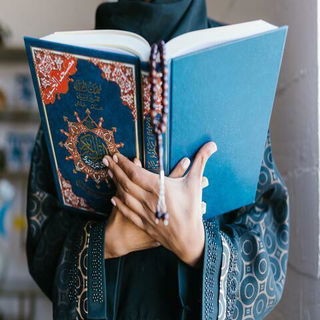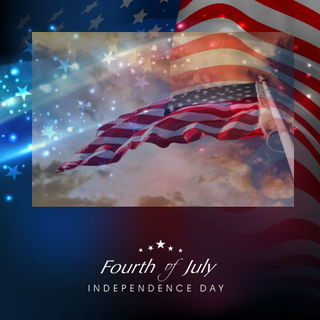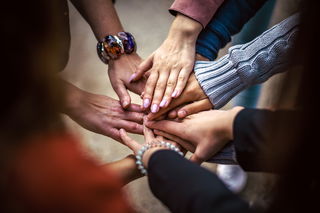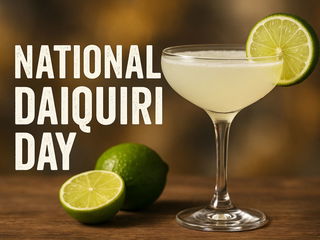- Calendar
- Calendar 2026
- July
- National Lottery Day
National Lottery Day
Get ready to roll the dice on fun because National Lottery Day, celebrated every July 17, is your ticket to a whirlwind of excitement, big dreams, and community love!
This isn’t just about chasing that life-changing jackpot - it’s a day to revel in the heart-pounding thrill of chance and toast to the amazing ways lotteries sprinkle magic on our world. For centuries, lotteries have been the ultimate dream-machine, turning ordinary folks into overnight millionaires and fueling epic public projects.
From building schools to boosting healthcare and paving shiny new roads, lottery funds are the unsung heroes behind so much good. Whether you’re a die-hard ticket buyer or just dipping your toes in the lucky pool, National Lottery Day is your chance to join the party, dream big, and share the electric buzz of “what if?”
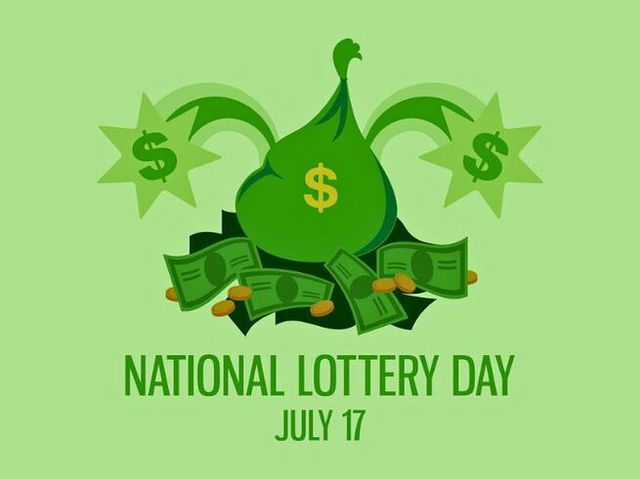
National Lottery Day Origins
By the mid-18th century, around 1720, colonists had held nearly 400 lotteries, underscoring their importance in early American society. In 1964, New Hampshire became the first U.S. state to hold a modern lottery, marking the resurgence of lotteries in America.
A Journey Through The History Of Lottery
Ancient Origins
The concept of lottery traces back to ancient times with the earliest known records found in Chinese Han Dynasty keno slips. These were used to fund government projects like the Great Wall of China.
A simple idea of drawing lots for prizes slowly picked up on popularity and spread across different cultures and eras, eventually becoming a mainstream practice in Europe during the late 15th century.
Lotteries were utilized to finance everything starting from wars, to public works implanting themselves in the fabric of society.
Early American History
The journey of the lottery to American started with the early settlers. King James I of England set up a lottery in Virginia to fund the first permanent British settlement in North America, Jamestown in 1612. This marked the beginning of a long tradition of lotteries used to support public projects and infrastructure.
Other prominent figures in the history of America also utilized lotteries for different causes. George Washington held a lottery in the 1760s to raise funds for the construction of the Mountain Road in Virginia.
John Hancock carried out a lottery in 1765 to rebuild Boston's Faneuil Hall after it was damaged by fire. During the American Revolution, lotteries helped provide much-needed funds for purchasing cannons and other military supplies, playing a critical role in the fight for independence.
Conflict and Prohibition
Irrespective of their popularity and usefulness, lotteries came with a lot of controversy. There were concerns about how it was impacting the public including fairness and morality issues that led to constitutional prohibitions.
The first state to implement a prohibition on lotteries was New York. But, during the Reconstruction era following the Civil War, lotteries became an essential source of revenue for rebuilding Southern States.
Scandal and Outlawing
Despite the controversies, the popularity of lotteries continued to grow and along with it, grew the potential for fraud and corruption. The Louisiana Lottery, which is known as “The Serpent”, became popular for its extensive corruption and association with a crime group that operated a fraudulent lottery system. The follow-up scandal led to the abolition of the Louisiana Lottery in 1894. The negative perception and the scandals associated with it resulted in the complete outlawing of lotteries across the United States by the end of the 19th century.
In the 20th century, attitudes toward gambling gradually became more positive. The legalization of casino gambling in Nevada in the 1930s marked the start of this shift. Charitable gambling also became popular, helping to improve the public image of gambling, including lotteries. This change paved the way for the return of state lotteries.
Celebrating National Lottery Day
It is easy and fun to celebrate National Lottery Day and you could start by purchasing a lottery ticket and taking part in the excitement of being in a lucky draw. Whether, you are expecting to hit a jackpot or just enjoy the thrill of the game, buying a ticket would fuel your excitement for that day.
You can also host a small gathering with your friends and family, share stories of people winning, play some lottery-themed games, or go for a group ticket purchase.
It's a great opportunity to bond over the shared anticipation and dreams that lotteries inspire, all while enjoying the festivities of National Lottery Day.
Fun Lottery Facts
- The first modern lottery launched in 1994 has made a staggering 3,700 millionaires!
- About 70% of lottery winners spend their entire winnings within seven years — talk about living large!
- The luckiest lottery numbers? 44, 38, and 40 are often drawn, while endings like 712 are popular choices.
- The odds of winning are 350 billion to one, but one family in Tipton, West Midlands defied those odds with three separate jackpot wins!
- The word 'lottery' comes from Dutch, French, and Italian roots, highlighting its diverse linguistic origins.
- Did you know the Vatican has its own lottery? Meanwhile, lotteries have also supported institutions like the British Museum.
- Lotteries have been around since ancient times in Northwest Europe, even before the days of Christ!
- In the United States, lotteries have always been patriotic, funding public projects and wars throughout history.
- About 80% of lottery players opt for the quick pick method, letting the lottery machine choose their lucky numbers.
- After winning, the average lottery winner owns a staggering 4.5 cars, with more than 10% of winners going on to buy over 10 cars!
Recommended For You:
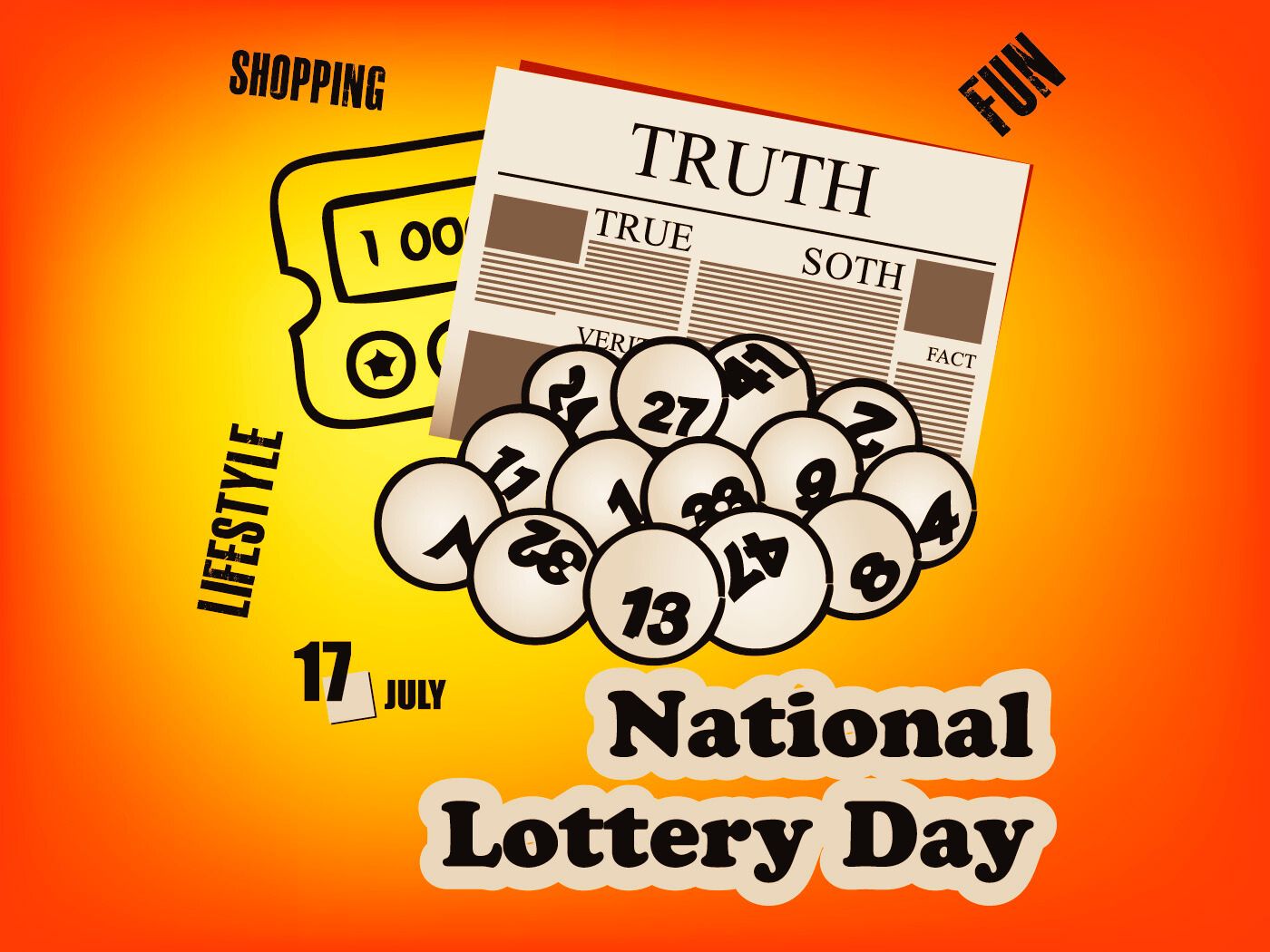
Other Celebrations
-
Mar 30 Sun
-
Apr 02 Wed
-
Apr 10 Thu
-
May 24 Sat
-
Jul 30 Wed
-
May 07 Thu

National Lottery Day - Next years
Saturday, 17 July 2027
Monday, 17 July 2028
Tuesday, 17 July 2029

